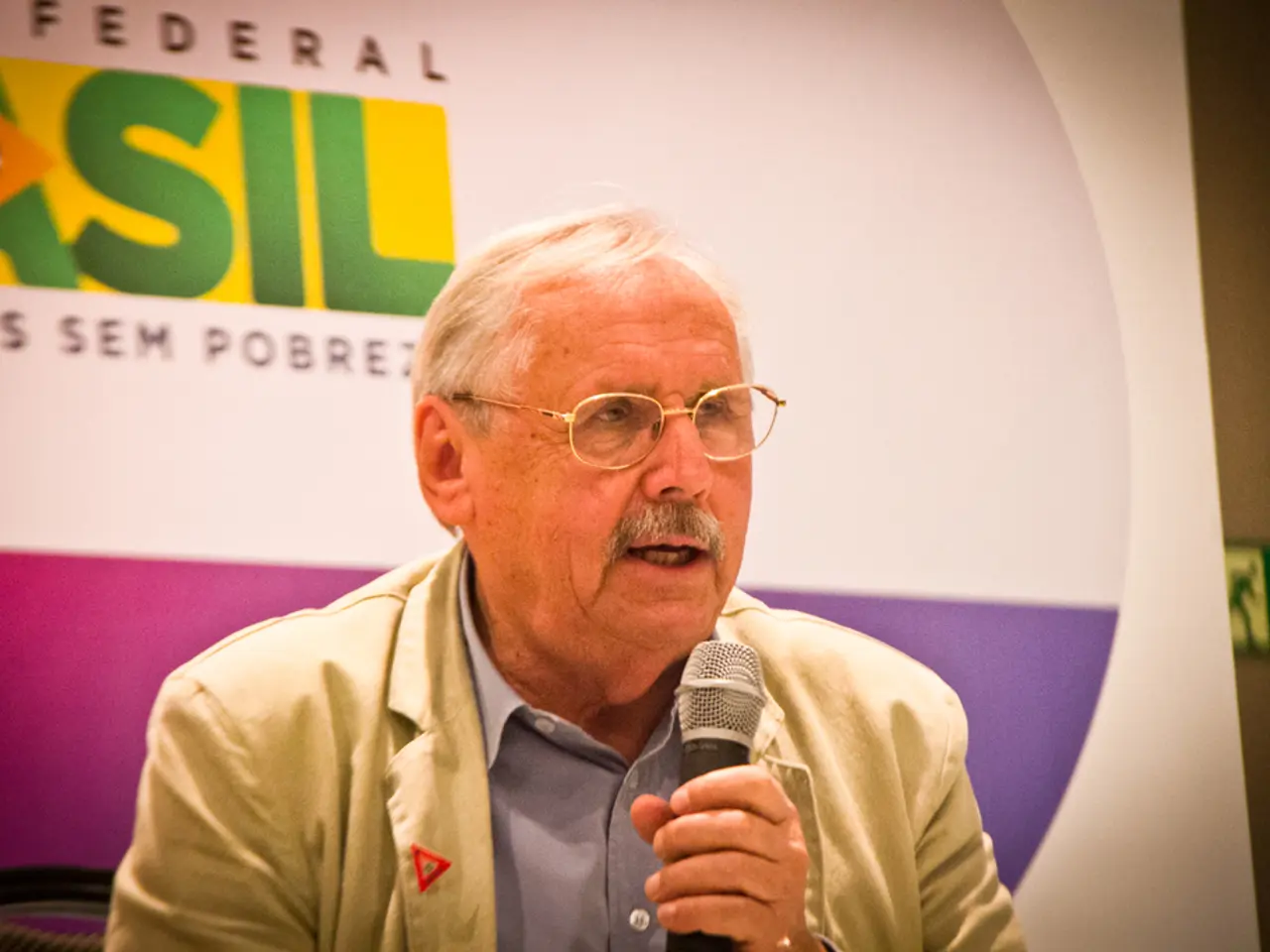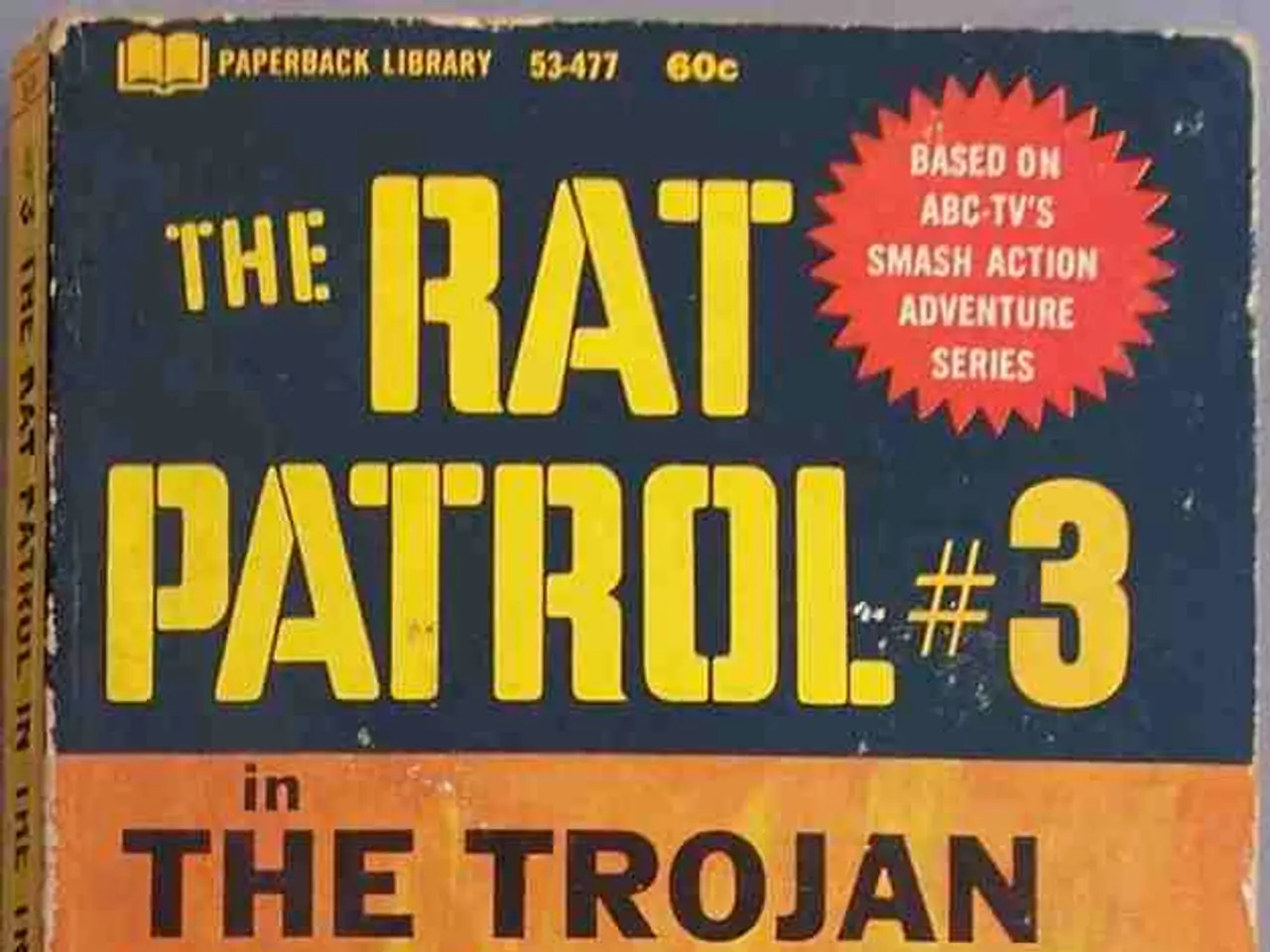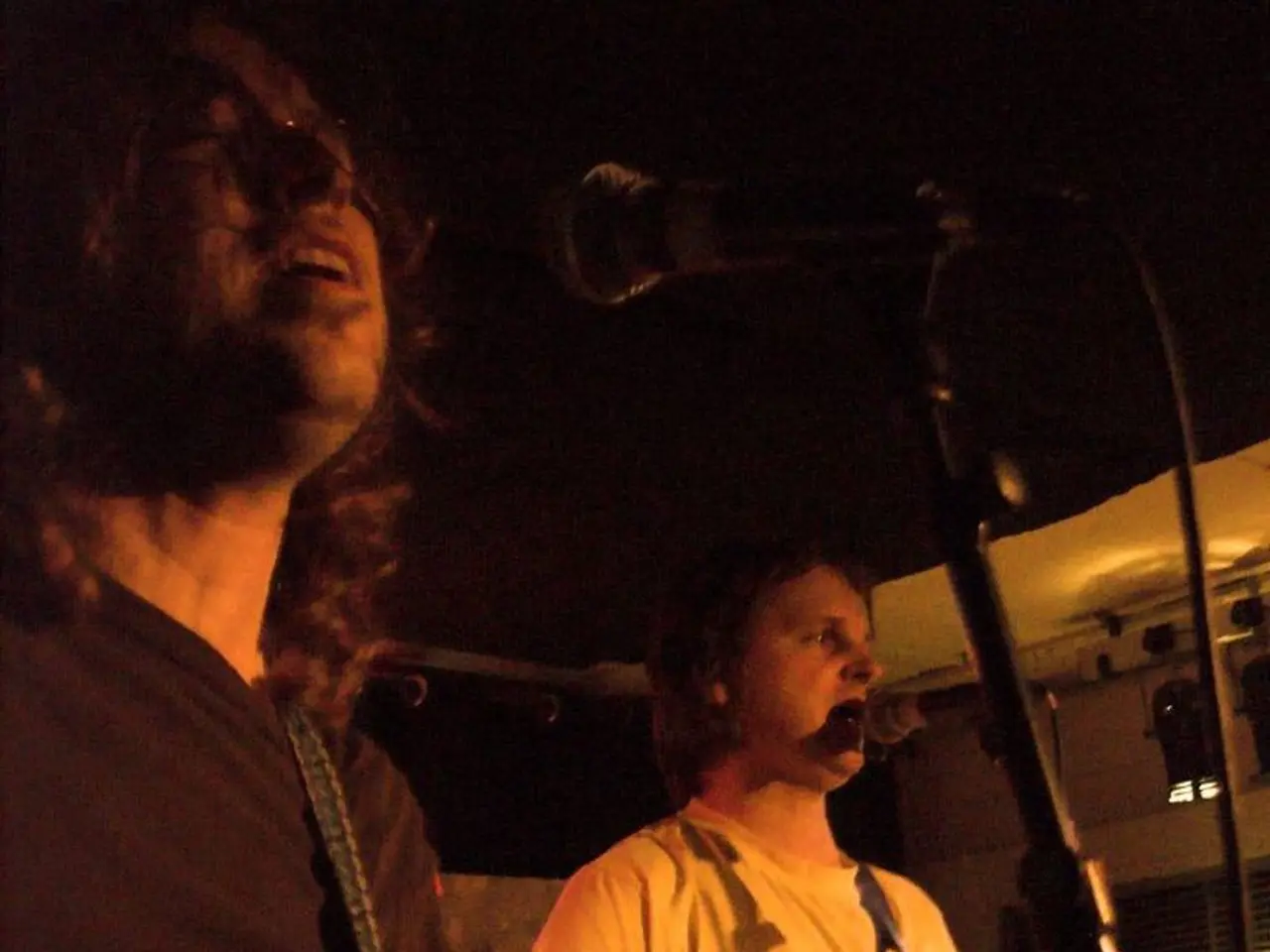Trump's Disregard for Lawful Justice: Pardoning Capitol Riot Participants
In a surprising move, President Donald Trump granted pardons to nearly 1,600 individuals convicted or awaiting trial for their roles in the January 6, 2021, Capitol attack on his second term's first day (January 20, 2025). The pardons, which included full pardons for most and commuted sentences for 14 members of extremist groups like the Oath Keepers and Proud Boys, have sparked widespread criticism and concerns.
The rationale behind this sweeping clemency, as stated by Trump and his supporters, portrayed these individuals as political prisoners or victims of a denial of due process. However, the impact of these pardons has been significant.
Firstly, the pardons effectively undermine the largest federal investigation and prosecution related to a domestic attack on the U.S. Capitol, which had convicted hundreds for crimes including assaulting law enforcement and seditious conspiracy.
Secondly, experts and lawmakers argue the pardon emboldens far-right extremist groups, such as the Proud Boys and white supremacists, by signaling that political violence and attempts to overturn democratic elections may go unpunished.
Thirdly, the clemency has been condemned as a green light for future vigilante actions against electoral processes and undermines the rule of law protecting peaceful transfers of power.
Fourthly, several pardoned individuals have been reportedly involved in serious subsequent crimes, highlighting concerns about the broader implications for public safety and justice.
Politically, the pardons have deepened divisions, with some Republican events celebrating the rioters and some former rioters planning or seeking public office, further polarizing U.S. politics.
It's important to note that more than one-third of the 1,500 rioters arrested were charged with accusations that included assaulting, resisting, or impeding law enforcement. Cases such as William Lewis, who was given 37 months for spraying "steams of Wasp and Hornet Killer spray" at several officers, forcing them to abandon their posts and seek immediate medical treatment, underscore the seriousness of the charges.
The dramatic shift in the identity of the Republican Party over the last decade, steering towards uniform cultural "conservatism" and a protectionist platform, has been a topic of discussion in the op-ed written by Ashwin Prabaharan, titled "Republicans, Dump Trump."
As the nation continues to grapple with the aftermath of the Capitol attack and the implications of these pardons, it is clear that the events of January 6, 2021, have had a lasting impact on American politics and society.
[1] CNN, "Trump pardons 150 people in final hours of presidency," 20 January 2025, https://www.cnn.com/2025/01/20/politics/trump-pardons/index.html [2] The Washington Post, "Trump pardons 1,600 Capitol rioters, including Oath Keepers and Proud Boys," 20 January 2025, https://www.washingtonpost.com/politics/2025/01/20/trump-pardons-capitol-rioters/ [3] The New York Times, "Trump's Pardons of Capitol Rioters Alarm Lawmakers and Experts," 21 January 2025, https://www.nytimes.com/2025/01/21/us/politics/trump-pardons-capitol-rioters.html [4] The Guardian, "Trump pardons Capitol rioters in final hours of presidency," 20 January 2025, https://www.theguardian.com/us-news/2025/jan/20/trump-pardons-capitol-rioters-in-final-hours-of-presidency
- The pardons by President Trump for individuals involved in the January 6, 2021, Capitol attack have been met with widespread criticism and concern, as they undermine investigations, embolden extremist groups, and potentially jeopardize public safety and justice.
- In an editorial titled "Republicans, Dump Trump," Ashwin Prabaharan discusses the shifting identity of the Republican Party and the deepened political divisions caused by the pardons of Capitol rioters, some of whom have been charged with assaulting law enforcement officers.
- As organizations like CNN, The Washington Post, The New York Times, and The Guardian report, these pardons have had a lasting impact on American politics and society, with potential consequences reaching beyond the Capitol attack itself.
- The pardons have also sparked discussions on policy-and-legislation and politics, raising questions about the role of the President in war-and-conflicts, crime-and-justice, and the accountability of political actors in general-news.
- Student organizations and other groups on campus are organizing protests and debates to voice their opinions on the matter, adding another layer to the ongoing discourse on the January 6, 2021, Capitol attack and its implications for the nation's future.







